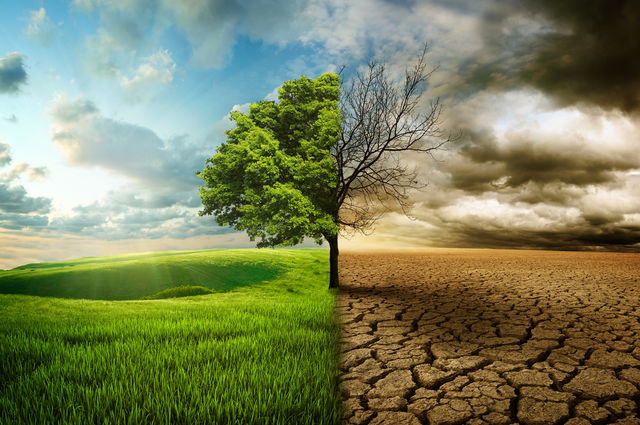The solutions nature provides: how can hotels contribute and benefit?
24 experts shared their view
Nature and its ecosystem services are at the center of the hospitality business proposition: from food and beverage offers to guests' enjoyment of natural landscape at a destination. Nature is not only a 'capital' component available to businesses, but a source of solutions to mitigate and adapt to climate change and protect biodiversity while ensuring the well-being of staff and guests alike. Nature is a prerequisite for a successful business, however, a 40% drop in natural capital per person has been recoded over the past two decades (Dasgupta, 2021). 'Burning' though this inventory of natural capital without a regeneration plan should result in alarm bells ringing. As the Science-Based Target Networks summarizes: "Nature is the backbone of human well-being and the foundation for all economic activity" (SBTN, 2020, p.2). Considering the value of nature to the hospitality industry and the threat of biodiversity collapse, recording and accounting for natural capital and integrating the outcome into the decision-making processes while setting regeneration targets is crucial. Ahead of the official launch of the Decade on Ecosystem Restoration (on World Environment Day, June 5th) by the United Nations, here are a three questions to tackle ((choose one or answer all, sharing of best practices is welcomed):
- Hotels located in urban settings: which nature-based solutions result in value added to guests, staff, owners and community?
- Hotels located in natural settings (e.g. forest, coastline): what actions can be undertaken to maintain or restore the ecosystems?
- Cooperation/Support for greater impact: where can hoteliers obtain help, support or join forces to achieve results
References
- Dasgupta, P. (2021), The Economics of Biodiversity: The Dasgupta Review, London: HM Treasury.
- SBTN (2020). Science-Based Targets for Nature: Initiatil Guidance for Business. Science Based Tageets Network.
- Tew, N.E., Memmott, J., Vaughan, I.P., Bird, S., Stone, G.N., Potts, S.G., and Baldock, K.C.R. (2021). Quantifying nectar production by flowering plants in urban and rural landscapes. Journal of Ecology, 109(2). https://doi.org/10.1111/1365-2745.13598
Hotels, The New Community Beacon
When you think of city hotels, 'nature' is not the first thing that comes to mind, however, whilst city hotels may not be surrounded by nature, there is much they can do to be respectful of it. Some changes will require investment, others simply a change of mindset. Some will even save money. All can be part of creating a virtuous circle that will benefit us all.
Things city hotels can do include:
- Actively encourage guests to use public transport to get to the hotel, and active transport (ie walking and cycling) once there. (This is actually an advantage city hotels have over their country cousins, given the proximity of transport links and nearby attractions.)
- Promote sustainable local businesses to your guests.
- Make daily housekeeping optional.
- Think about the chemicals in the cleaning products you are using, and investigate if there are more planet friendly options available. (For example UV disinfection vs chemical-heavy 'misting'.)
- Eliminate single use toiletries, and wasteful amenities. Look for products made from sustainable sources, that come in recyclable or compostable, plastic-free packaging.
- Measure and benchmark energy usage and set targets for how it can be reduced. If possible share this information with your guests in order to motivate them to be aware of how much energy they are using.
- Use energy from sustainable sources, as well as energy efficient services and appliances.
- Utilise technology to reduce energy consumption, for example by automatically turning off lights and turn down heat in unoccupied rooms.
- Promote the idea of travelling less, but staying longer by offering deals for longer stays.
- Talk to suppliers about what they are doing to be sustainable, and make purchasing decisions accordingly. Buy local whenever possible.
- Be aware of the embedded energy in the materials chosen for construction and renovation projects.
- Talk to everyone about what you are doing to be more environmentally friendly. Good ideas are contagious.


